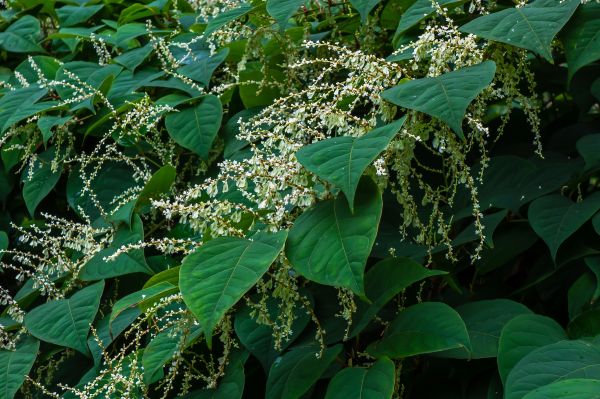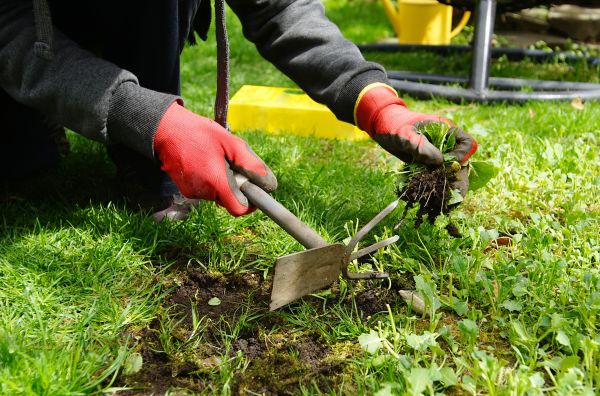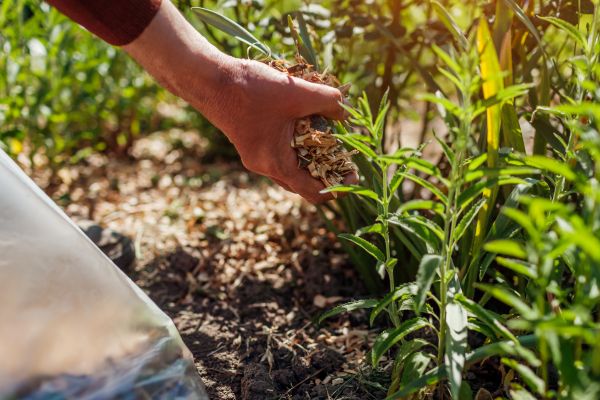Get Invasive Plant Control in the Warwick, RI area. Fill out the simple contact form and describe what you need.
Benefits of Invasive Plant Control Service
1. Preservation of Native Ecosystems: Invasive plants can disrupt the balance of native ecosystems by outcompeting native species for resources. Invasive plant control helps preserve the biodiversity and health of natural habitats.
2. Prevention of Soil Erosion: Invasive plants often have shallow root systems that fail to stabilize the soil, leading to erosion. By removing invasive plants, the risk of soil erosion is significantly reduced, protecting the integrity of the land.
3. Enhancement of Aesthetic Appeal: Invasive plants can detract from the visual appeal of landscapes, gardens, and public spaces. Invasive plant control service helps restore the natural beauty of these areas by eliminating unsightly and unwanted vegetation.
4. Promotion of Native Plant Growth: Removing invasive plants creates space and resources for native plants to thrive. Native plants are essential for providing food and habitat for local wildlife, supporting a healthy and balanced ecosystem.
5. Mitigation of Health Risks: Some invasive plants, such as poison ivy or giant hogweed, can pose significant health risks to humans and animals. Invasive plant control service helps reduce the potential exposure to these harmful plants, ensuring a safer environment.
Summary of Benefits:
- Preservation of native ecosystems
- Prevention of soil erosion
- Enhancement of aesthetic appeal
- Promotion of native plant growth
- Mitigation of health risks
Frequently Asked Questions:
1. Why is invasive plant control important?
Invasive plant control is crucial for preserving the balance of native ecosystems, preventing soil erosion, enhancing aesthetic appeal, promoting native plant growth, and mitigating health risks associated with certain invasive species.
2. How does invasive plant control benefit the environment?
By removing invasive plants, the natural habitats are protected, native plants are given a chance to thrive, and the overall health and biodiversity of ecosystems are maintained. It also helps prevent the spread of invasive species to new areas.
3. Are there any health risks associated with invasive plants?
Yes, some invasive plants can pose health risks. For example, poison ivy can cause severe allergic reactions, while giant hogweed can cause skin burns. Invasive plant control service helps reduce the potential exposure to these harmful plants, ensuring a safer environment for humans and animals.
Simply fill out the contact form to get connected to local professionals fast.




